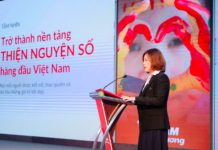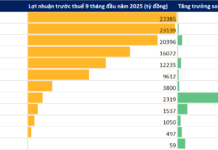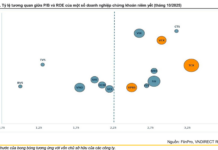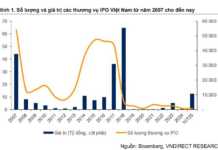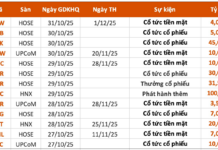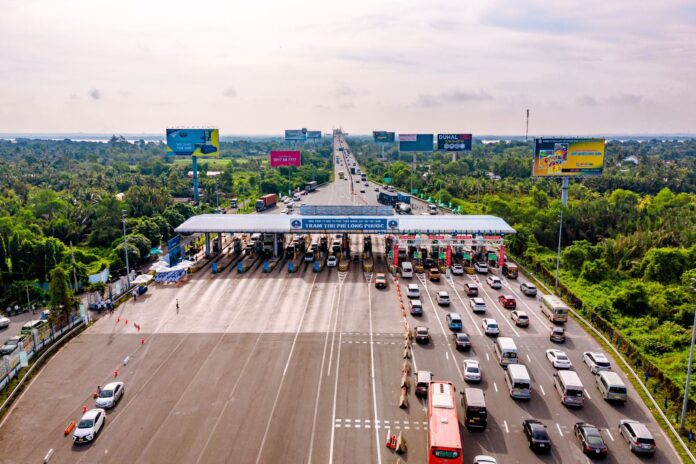In a recent research report titled “Implementing Electronic Toll Collection (ETC) on Expressways: Global Dynamics. Estimated Benefits from Vietnam’s Case Study and Policy Discussions,” Assoc. Prof. Dr. Vu Minh Khuong highlighted the significant benefits of Vietnam’s transition to electronic toll collection systems. This report was also published on the website of the Lee Kuan Yew School of Public Policy, National University of Singapore (NUS).
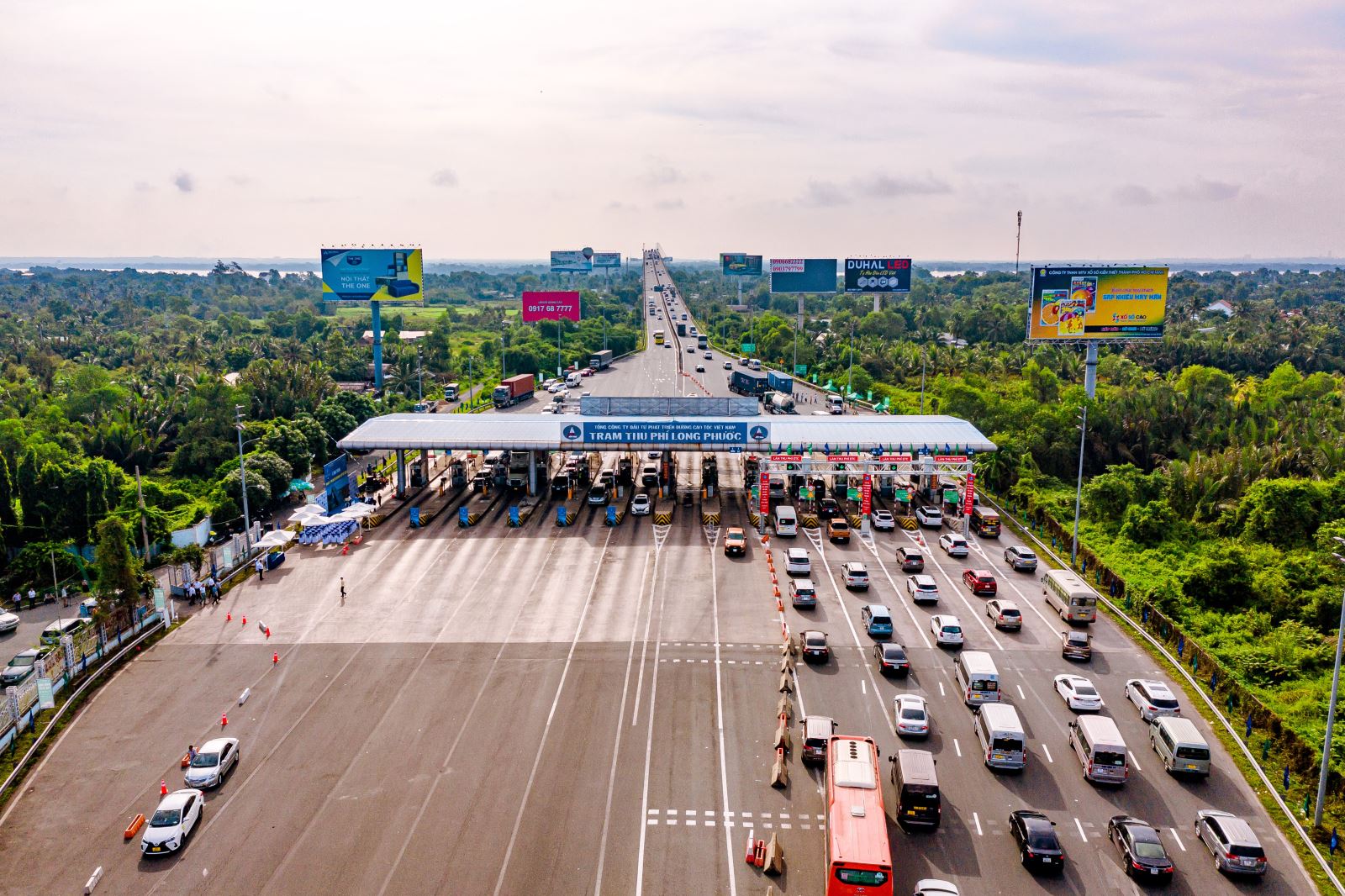
The implementation of ETC reduces emissions, saves energy, and brings economic gains. Photo: S.K.
The report, spanning almost 50 pages, provides a comprehensive overview of the global ETC market, including the transition processes in China and India, and details the potential benefits of adopting ETC on expressways, with a particular focus on Vietnam. With a market size of $9.2 billion in 2023 and a compound annual growth rate (CAGR) of 9.4% since 2020, the global ETC market is predominantly driven by its application on expressways, accounting for approximately 90% of the market share. The two primary technologies, RFID and DSRC, coexist based on market demands and infrastructure capabilities, with RFID, the technology adopted in Vietnam, exhibiting superior market share and growth rates.
Assoc. Prof. Dr. Vu Minh Khuong underscored Vietnam’s remarkable economic achievements since the Doi Moi reforms in 1986, with the development of its expressway system being a key priority. As of 2021, Vietnam boasted 1,290 kilometers of expressways and has set a target of 5,000 kilometers by 2030. This progress is closely linked to the country’s determined shift from manual toll collection (MTC) to ETC on national highways and expressways since 2019.
The impressive outcomes of this transition include significantly reduced travel time, eliminated traffic congestion at toll booths, decreased fuel consumption, and reduced carbon emissions. As a result, transportation efficiency, environmental sustainability, and community health have witnessed substantial improvements.
In 2023, the first year of Vietnam’s nationwide ETC implementation on expressways, the total CO2 emissions reduction reached 191,860 tons, attributed to a savings of 60,816 tons of gasoline and diesel fuel at toll booths. Additionally, society saved 93.3 million hours of manpower and 37.3 million hours of vehicle lifespan in that year.
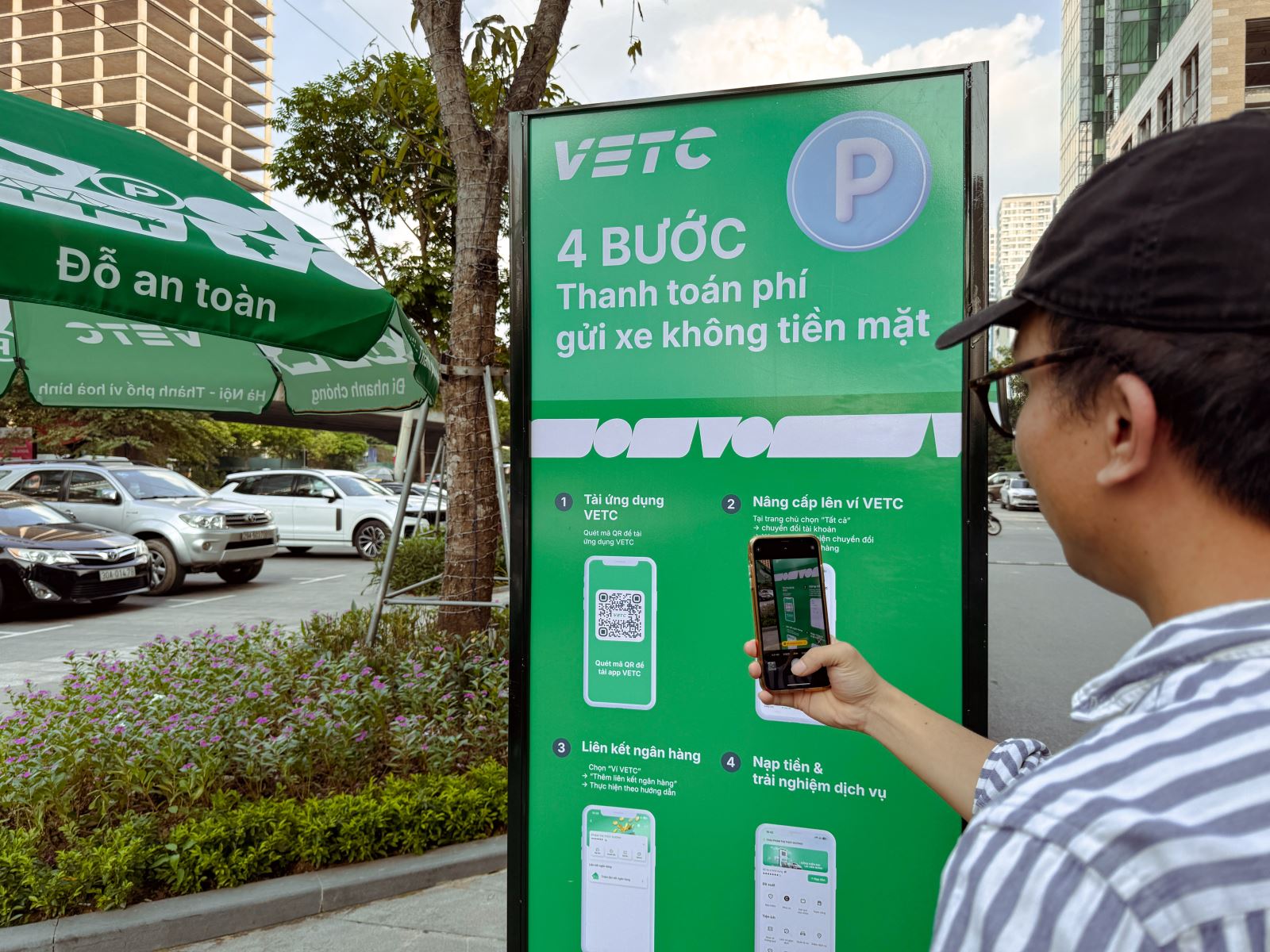
ETC implementation is not limited to expressways and national highways but will also extend to car and motorcycle parking lots, airports, gas stations, and vehicle service stations nationwide. Photo: Tasco
Translating these gains into monetary terms, the report estimates a total savings of $442.7 million in 2023 across four metrics: energy, manpower, vehicle lifespan, and operating costs. Compared to the initial ETC promotion in 2019, the benefits in terms of reduced CO2 emissions and total monetary savings have increased fourteenfold. For the period 2019-2023, Vietnam’s gains from ETC implementation are valued at nearly $1 billion.
Drawing from these impressive results, the report offers valuable insights for developing economies undergoing similar transitions. It emphasizes the crucial role of the government in driving this process, exemplified by the establishment of a dedicated task force to promote technology adoption in infrastructure development, enabling the ETC initiative to overcome initial hurdles and facilitate swift, large-scale decision-making.
The involvement of private companies in implementing and managing ETC infrastructure has also enhanced efficiency and expedited the process. This public-private partnership in Vietnam has fostered innovation and efficiency, leveraging the expertise and resources of the private sector to accelerate the adoption and improve the effectiveness of the system.
Lastly, the ETC system’s deployment marks the beginning of a broader digital transformation in the transportation sector, paving the way for smart transportation. The data generated by ETC holds significant value for advanced traffic management, economic analysis, and business decision-making. Potential applications of ETC should be expanded to similar digital payment systems for urban toll collection, e-parking, cashless gas stations, and other fee-based facilities.




